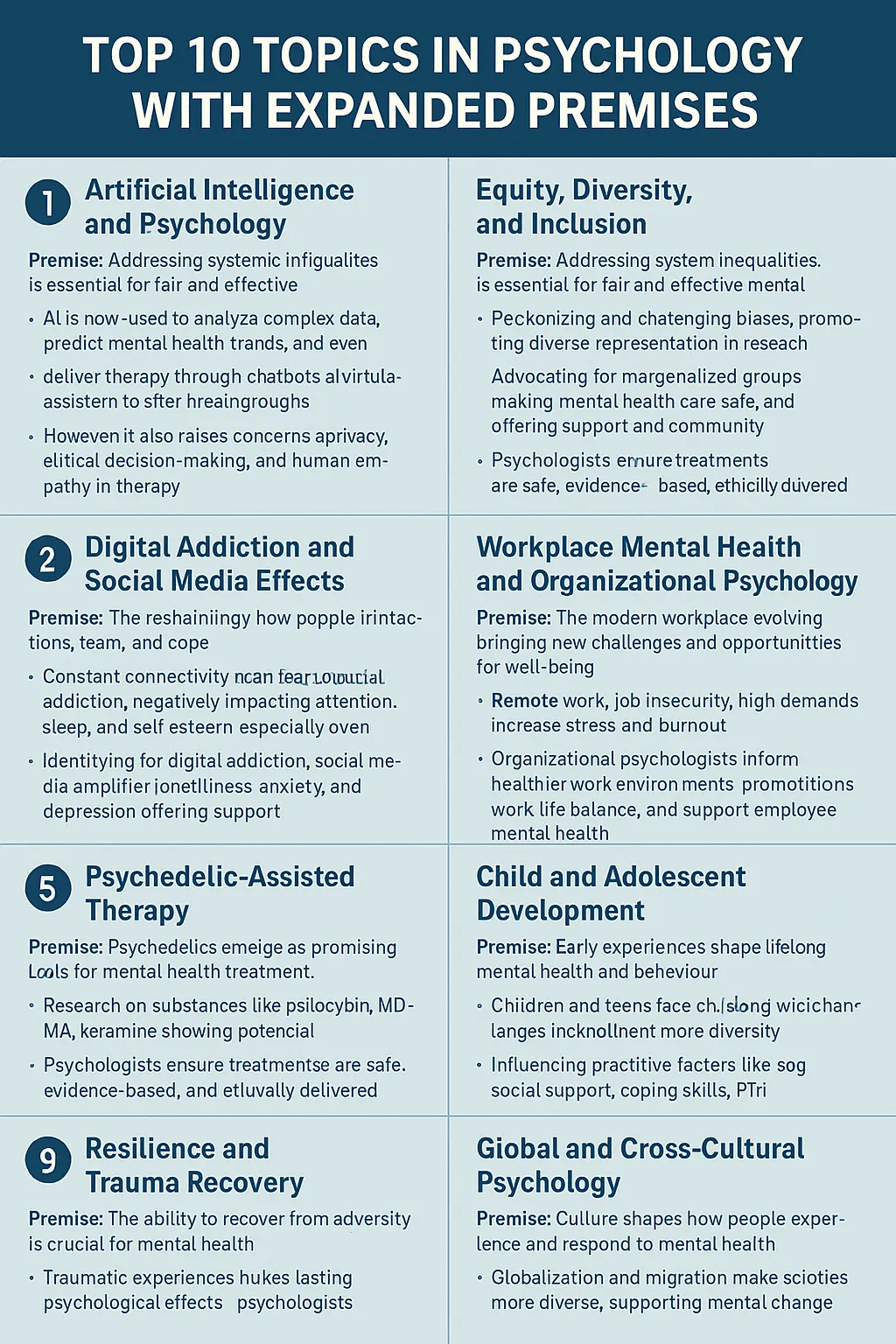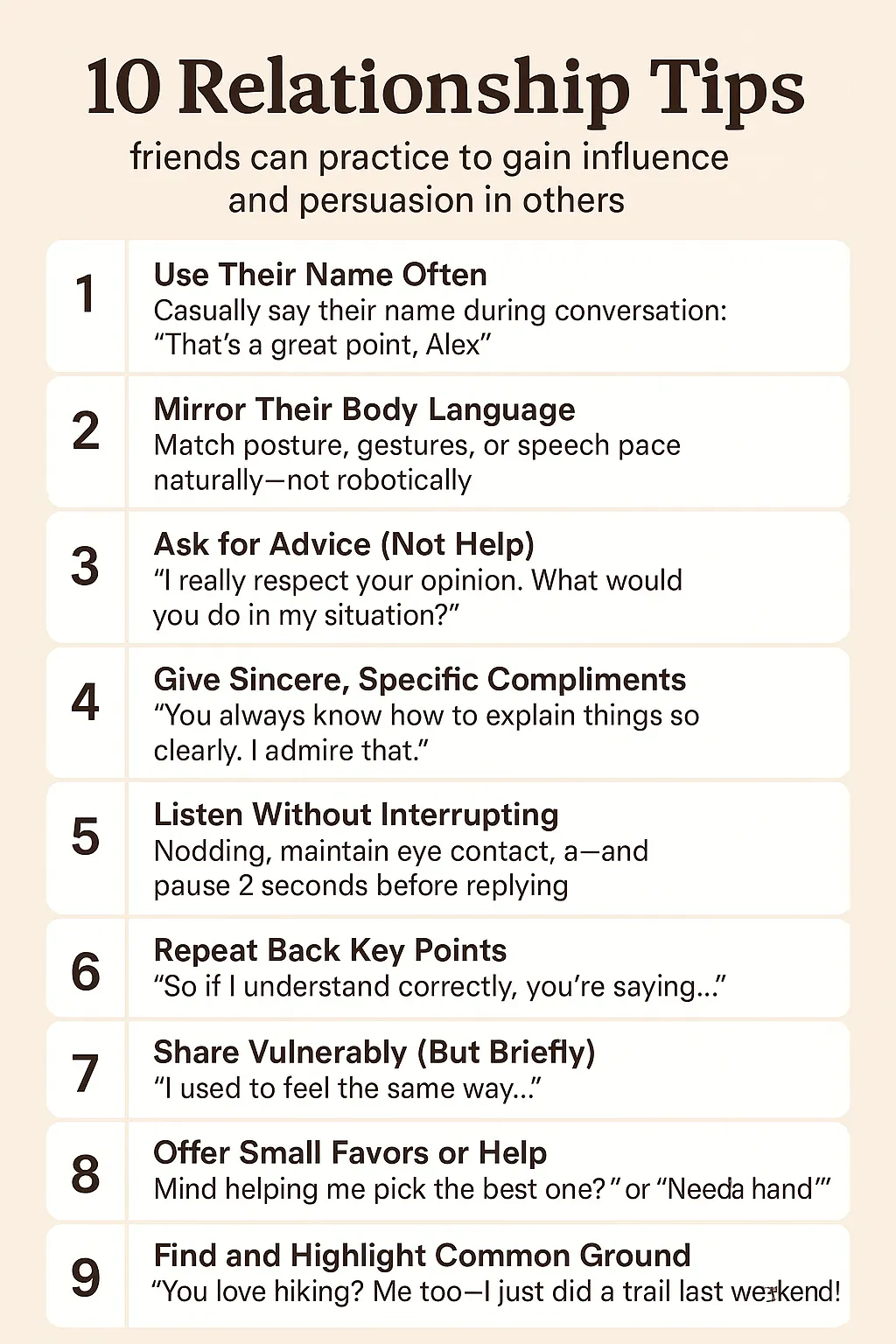The Ultimate Guide to Brain Health: Importance, Strategies, and Breakthroughs

Your brain is the control center of your body—responsible for every thought, memory, emotion, and decision you make. Yet, many people don’t actively think about taking care of their brain until issues arise. The good news? Whether you’re a senior looking to preserve cognitive function, a parent hoping to boost your child’s development, or someone simply aiming for a sharper memory, there are numerous ways to improve and maintain brain health. In this guide, we’ll explore how to improve brain health, why it’s essential, and the best tools, habits, foods, and assessments to keep your mind sharp at any age.
Click Here To Discover How To Nurture And Nourish Your Brain For Top Performance In Every Aspect Of Your Life...
Why Brain Health Is Important
Brain health encompasses cognitive function, emotional health, and motor skills. It influences how we think, learn, remember, work, and interact with others. Maintaining a healthy brain helps delay or prevent neurodegenerative diseases such as Alzheimer’s, dementia, and Parkinson’s. A sharp, well-functioning brain can also improve productivity, emotional regulation, and overall quality of life.
How to Improve Brain Health
Improving brain health is a multifaceted approach involving diet, exercise, mental stimulation, stress management, and sometimes, supplements or therapy. Here are the key strategies:
1. Exercise for Brain Health
Physical activity isn't just for your body—it’s also powerful fuel for your brain. Regular exercise increases blood flow, reduces inflammation, and promotes the release of brain-derived neurotrophic factor (BDNF), a protein that supports the growth of new neurons.
- Aerobic exercise like walking, swimming, or cycling can enhance memory and cognitive speed.
- Strength training supports hormonal balance, which affects mood and cognition.
- Mind-body exercises like yoga and tai chi reduce stress and enhance mindfulness.
2. Brain Health and Diet
A brain-healthy diet is rich in omega-3s, antioxidants, vitamins, and minerals. Key foods for brain health include:
- Fatty fish (salmon, sardines): High in omega-3 fatty acids.
- Leafy greens: Packed with folate, vitamin K, and lutein.
- Berries: Rich in antioxidants that fight oxidative stress.
- Nuts and seeds: Especially walnuts and flaxseeds for healthy fats.
- Whole grains: For steady glucose delivery to the brain.
Brain Health Juice Recipe
Here’s a simple brain-boosting juice:
- 1 cup blueberries
- 1 handful spinach
- 1 small beet
- 1 green apple
- 1 tsp turmeric
- ½ lemon (juiced)
- Water or coconut water as needed
Blend until smooth and enjoy!
3. Brain Health Supplements
Some people benefit from targeted supplements:
- Omega-3 fatty acids: For cognitive function and inflammation reduction.
- B-complex vitamins: Support energy production and neurotransmitter synthesis.
- Ginkgo biloba: May improve memory and blood circulation.
- Lion’s Mane mushrooms: Stimulates nerve growth factor (NGF) production.
- Curcumin: The active ingredient in turmeric, with strong anti-inflammatory effects.
Always consult a healthcare provider before starting any supplement regimen.
Brain Health for Seniors
As we age, natural cognitive decline can occur. However, it’s not inevitable. Seniors can preserve and even improve brain function through:
- Social interaction: Prevents isolation and boosts mood.
- Puzzles and games: Crosswords, Sudoku, and board games stimulate problem-solving.
- Learning new skills: Picking up a hobby, learning a language, or playing an instrument.
- Quality sleep: Essential for memory consolidation.
Brain Health Games for Seniors
- Lumosity
- BrainHQ
- Sudoku and crossword puzzles
- Chess and Scrabble
These games challenge memory, logic, and strategic thinking, helping maintain neural connections.
Click Here To Discover How To Nurture And Nourish Your Brain For Top Performance In Every Aspect Of Your Life...
Brain Health for Kids
Cognitive development during childhood sets the foundation for future learning and behavior. To support brain health in kids:
- Nutrition: A diet rich in protein, whole grains, fruits, and veggies.
- Sleep: Adequate rest (8–12 hours depending on age) is critical.
- Play: Active play and unstructured time enhance creativity and problem-solving.
- Limit screen time: Encourage interaction and physical activities.
Brain Health for Memory
Memory is a key function of brain health. To boost it:
- Mnemonic techniques: Like acronyms, rhymes, and visual associations.
- Repetition and retrieval: Repeating and recalling information strengthens memory.
- Focus and mindfulness: Distraction impairs encoding. Practice being fully present.
Brain Health vs Mental Health
While brain health focuses on the physical and cognitive function of the brain, mental health refers to emotional, psychological, and social well-being. However, they are deeply interconnected:
- Poor brain health can lead to mental health conditions like depression or anxiety.
- Mental health issues can impair brain function, memory, and decision-making.
Supporting both is crucial for holistic wellness.
Brain Health Assessment
Understanding your cognitive baseline is a great way to track brain health over time. Tools like BrainHealthAssessment.com offer online assessments to evaluate:
- Memory
- Attention
- Processing speed
- Problem-solving skills
These assessments can help identify early signs of cognitive decline or brain-related conditions.
Brain Health Breakthroughs
The field of neuroscience is evolving rapidly. Recent breakthroughs include:
- Neuroplasticity research: The brain can rewire itself at any age.
- Non-invasive brain stimulation: Techniques like transcranial magnetic stimulation (TMS) for depression and cognitive issues.
- AI in brain mapping: Artificial intelligence is helping scientists better understand brain networks and disease progression.
Click Here To Discover How To Nurture And Nourish Your Brain For Top Performance In Every Aspect Of Your Life...
Brain Health Books and Documentaries
Must-Read Brain Health Books:
- “The Brain That Changes Itself” by Norman Doidge
- “Keep Sharp” by Dr. Sanjay Gupta
- “Younger Next Year: The Brain Edition” by Henry Lodge and Chris Crowley
Brain Health Documentaries:
- “Limitless” with Chris Hemsworth – Explores cutting-edge brain science.
- “The Mind, Explained” (Netflix) – Breaks down how memory, dreams, and anxiety work.
- “Brain Games” (National Geographic) – A fun, interactive look at how the brain works.
Brain Health Programs and Initiatives
Several organizations offer programs to support cognitive wellness:
- The Brain Health Initiative – Focused on prevention and education.
- Alzheimer’s Association’s Brain Health programs – Provide tools and resources for cognitive health.
Participating in community-based or clinical programs can motivate lifestyle changes and track progress.
Brain Health Habits and Tips
Here are some simple but powerful brain-boosting habits:
- Stay hydrated – Even mild dehydration can affect focus and memory.
- Practice mindfulness and meditation – Reduces stress and improves brain connectivity.
- Challenge your brain daily – Read, learn, engage in complex tasks.
- Protect your head – Wear helmets and avoid injuries that can cause concussions.
- Avoid smoking and limit alcohol – Both impair cognitive function over time.
Food Supplements and Nutrition for Brain Health
Besides standalone supplements, whole foods can serve as natural nootropics:
- Dark chocolate – Rich in flavonoids and caffeine.
- Avocados – Good fats and potassium improve blood flow to the brain.
- Eggs – Contain choline, crucial for memory and brain development.
- Green tea – Boosts alertness and offers L-theanine for calming effects.
Brain Health Therapy
In cases of injury, trauma, or cognitive decline, therapies may help restore function:
- Cognitive Behavioral Therapy (CBT) – Treats anxiety and depression.
- Occupational therapy – Helps individuals regain cognitive and motor skills.
- Speech-language therapy – For individuals struggling with communication post-stroke or with dementia.
Final Thoughts
Your brain is an incredible organ that deserves proactive care. Whether you're a student trying to improve memory, a senior safeguarding cognitive abilities, or someone dealing with stress and looking for mental clarity, investing in your brain health pays off in every aspect of life.
From daily habits like proper nutrition and exercise to cutting-edge therapies and cognitive training games, brain health is accessible and achievable. Start small, stay consistent, and remember: your brain thrives when you do.
Click Here To Discover How To Nurture And Nourish Your Brain For Top Performance In Every Aspect Of Your Life...













